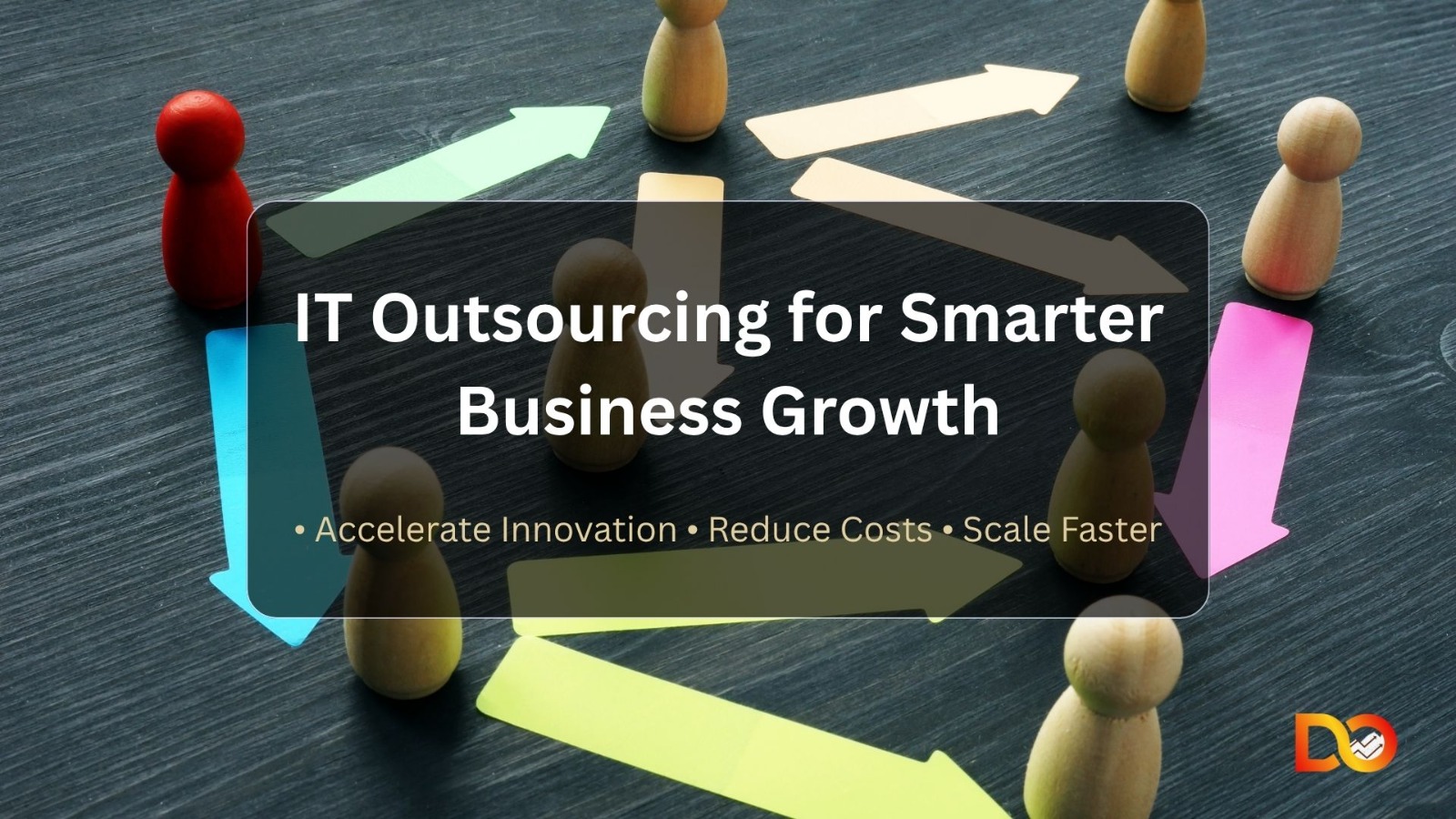Blockchain technology has become a buzzword across industries, but what does it really mean, and how is it changing the way organizations operate? In this blog, we will cover the fundamentals of blockchain, investigate its uses, and offer insights for businesses and individuals looking to understand and leverage this transformative technology..

1. Understanding Blockchain Basics
What is Blockchain?
Blockchain is a digital ledger distributed on a network of computers recording transactions. Blockchain is different from other databases in that it guarantees transparency and security due to immutable and verifiable data records..
In simpler terms:
A blockchain system functions like a digital notebook, not owned by any single entity but instead shared across thousands of computers worldwide. Every participant in this network holds an identical copy of the ledger, ensuring consistency. Any attempt to manipulate or alter the data is immediately detected and rejected by the other participants.
In short: It is a secure, transparent, and tamper-proof digital record-keeping system that operates collaboratively across a decentralized network.
Read More : AI Booking System: The Ultimate Appointment Scheduling Solution for Businesses
The Evolution of Blockchain: From Bitcoin to Beyond
Its journey began with Bitcoin, the first cryptocurrency, introduced in 2009. While Bitcoin showcased the potential of blockchain, its applications now extend far beyond digital currencies, touching industries like finance, healthcare, logistics and more.
Key Features of Blockchain
- Decentralization: No central authority controls the data.
- Transparency: All transactions are visible to authorized participants.
- Immutability: Once added, data on the blockchain cannot be altered.
For businesses, these features translate into secure, trustworthy operations. Imagine healthcare providers leveraging blockchain to maintain tamper-proof patient records or logistics companies ensuring transparency in supply chains.
2. How Blockchain Works: A Deep Dive
The Core Structure of a Decentralized Ledger
Blockchain comprises blocks that store data. Each block links to the previous one through cryptographic hashes, forming a chain. This structure ensures that any attempt to alter one block invalidates the entire chain.
Consensus Mechanisms: Proof of Work vs. Proof of Stake
To make sure every transaction is valid, blockchains use something called “consensus mechanisms.” Two popular ones are Proof of Work (PoW) and Proof of Stake (PoS):
- Proof of Work (PoW): Miners compete to solve complex puzzles using powerful computers. The winner gets to add the next block and earn a reward.
- Proof of Stake (PoS): Validators are chosen based on how much cryptocurrency they own (their stake). This method uses far less energy and is better for large-scale applications.
At Devoptiv, we help businesses choose and implement the right consensus mechanism to ensure their blockchain solutions are efficient and sustainable.
Decentralized Ledger Validation (mining)
Mining is how new blocks are added to the blockchain. Miners use advanced computers to solve puzzles, and when they succeed, they add a new block and are rewarded with cryptocurrency. While this process can be energy-intensive, it plays a crucial role in keeping the blockchain secure and reliable.
The Role of Nodes in a decentralised Network
Nodes are like the guardians of the blockchain. They store a full copy of the digital ledger and constantly communicate with each other to ensure everything matches up. If one node detects an error, the others step in to correct it. This decentralized system prevents single points of failure and ensures transparency.
In short, without nodes, blockchain wouldn’t exist as we know it. At Devoptiv, we ensure node setups are reliable, secure, and tailored to meet your business goals.
Blockchain might seem complex, but with the right approach, it can revolutionize how we store, share, and secure data. At Devoptiv, we make blockchain work for you.
3. Blockchain Applications Across Industries
Cryptocurrency: The First and Most Famous Use Case
When we think of blockchain, Bitcoin and Ethereum often come to mind. These cryptocurrencies have transformed finance, proving blockchain’s power to enable secure, peer-to-peer digital transactions without middlemen. But blockchain’s impact goes far beyond digital coins.
Finance and Banking
It is changing the way money moves. It enables fast, secure, and low-cost cross-border payments, cutting out intermediaries and reducing fees. Financial institutions are also using blockchain for smart contracts, fraud prevention, and real-time settlement of transactions.
Healthcare
In healthcare, Decentralized syste enhances data security, streamlines patient record management, and improves data sharing across healthcare providers. This not only reduces errors but also builds trust and transparency in the healthcare system.
Supply Chain Management
Blockchain brings visibility and traceability to supply chains. Companies can track products in real-time from origin to delivery, ensuring authenticity and reducing fraud. For example, a food distributor can trace a product’s journey from farm to table, guaranteeing quality and safety.
Other Emerging Use Cases
It’s versatility is driving innovation across industries like real estate, where it simplifies property transactions, and gaming, where it secures digital assets. It’s also being used in identity verification, voting systems, and intellectual property management.
Discover the fundamentals and applications of blockchain technology with Devoptiv. We offer expert blockchain services, helping businesses unlock blockchain’s potential with tailored solutions across industries. Contact us for a free consultation and explore our services to revolutionize your business with blockchain.
To fully leverage the potential of cryptocurrencies and other digital assets, understanding and using digital wallets is essential. These secure tools allow individuals and businesses to safely store, manage, and transfer assets in the blockchain ecosystem.
4.what are Digital Wallets
A digital wallet is a secure software application that allows users to store, manage, and transfer digital assets, such as cryptocurrencies and tokens, over a blockchain network. It uses cryptographic keys—public and private—to ensure secure transactions, offering users full control over their digital funds while maintaining privacy and security.
Digital wallets are essential for managing digital assets securely. They come in two main types:
- Hot Wallets: Connected to the internet, these wallets are convenient for frequent transactions and quick access.
- Cold Wallets: Offline wallets offer enhanced security by minimizing exposure to online threats.
How to Create and Manage a Digital Wallet
Setting up a wallet involves generating a unique key pair: a public key (like an account number) and a private key (like a password). Managing these keys securely is critical—losing access to your private key means losing access to your assets.
Read More : Impact of Digital Marketing on Businesses in 2025
At Devoptiv, we guide businesses and individuals in securely creating, managing, and maintaining their wallets to prevent costly mistakes.
Anatomy of a Digital Transaction
A digital asset transaction involves transferring assets (like cryptocurrency) from one wallet to another. Here’s how it works:
- A sender initiates a transaction.
- The transaction is broadcasted to the network.
- Validators use consensus mechanisms (e.g., PoW or PoS) to confirm the transaction.
- Once validated, the transaction is added to the ledger.
- The recipient’s wallet reflects the updated balance.
Security Considerations for Digital Asset Transactions
While transactions are inherently secure, users must follow best practices to avoid vulnerabilities:
- Use strong, unique passwords.
- Enable multi-factor authentication (MFA).
- Rely only on trusted wallets and platforms.
- Regularly back up wallet credentials.
Digital wallets and smart contracts work together seamlessly to enhance security and efficiency in transactions. While digital wallets securely store and manage digital assets, smart contracts automatically execute predefined actions, such as transferring funds, once conditions are met. This integration ensures faster, transparent, and cost-effective processes, reducing the need for intermediaries.
5. Smart Contracts: The Game Changer
What Are Smart Contracts?
Smart contracts are self-executing agreements with terms directly written into code. Once predefined conditions are met, these agreements automatically trigger actions—like transferring funds or releasing assets—without needing intermediaries. This automation reduces costs, speeds up processes, and minimizes human error.
How Smart Contracts Work on Decentralized Networks
Smart contracts operate on decentralized platforms like Ethereum. They are deployed as code and execute automatically when the required conditions are fulfilled. Every step remains transparent, secure, and unchangeable.
Real-World Applications of Smart Contracts
Smart contracts are transforming industries:
- Insurance: Automating claims processing and payouts.
- Real Estate: Simplifying property transactions and reducing paperwork.
- Finance: Enabling transparent lending and borrowing agreements.
- Supply Chain: Automating payments once goods reach their destination.
Contact Us today for a free consultation on tailored Blockchain solutions to address your challenges or any blockchain software development needs. Let us help you harness the power of blockchain technology for your business success!
Challenges and Limitations
Despite their advantages, smart contracts face challenges:
- Coding Errors: Bugs in the code can lead to vulnerabilities.
- Scalability Issues: Networks may face delays during heavy usage.
- Legal Recognition: Smart contracts lack universal legal recognition.
Addressing these challenges requires technical expertise, and at Devoptiv, we specialize in building robust, error-free smart contract solutions that drive business value.
6. The Future of Blockchain Technology
Scalability Solutions and Layer 2 Protocols
Layer 2 solutions, like the Lightning Network and Optimistic Rollups, aim to address blockchain scalability issues. They enable faster and cheaper transactions while reducing congestion on the main blockchain network.
Interoperability Between Different Blockchain Networks
Interoperability protocols like Polkadot and Cosmos facilitate communication between different blockchain networks. This seamless interaction unlocks innovative cross-chain applications and greater efficiency.
Regulatory Landscape and Challenges
As blockchain technology evolves, regulations remain a critical factor. Businesses must stay compliant with regional and global laws to avoid legal setbacks.
Blockchain’s Potential Impact on Business and Society
Blockchain promises to revolutionize industries, enhance transparency, and build trust at scale. Devoptiv empowers businesses to harness this potential and stay ahead in a competitive digital world.
7. Implementing Blockchain Solutions for Your Business
Strategic Blockchain Integration for Enterprises
Adopting blockchain technology can streamline operations, enhance transparency, and secure critical business processes. At Devoptiv, we specialize in integrating blockchain solutions tailored to your business objectives, ensuring measurable ROI and operational efficiency.
Custom Blockchain Application Development
From conceptualization to deployment, building a blockchain-based application requires a strategic approach. Our team at Devoptiv guides you through every stage, delivering scalable and secure blockchain applications aligned with your goals.
Unlock New Revenue Streams with Blockchain
Explore innovative revenue models with blockchain, including tokenized assets, decentralized finance (DeFi), and secure digital transaction platforms. Let Devoptiv help you capitalize on blockchain’s full potential.
Ensuring Compliance and Security
Ethical blockchain implementation goes beyond just technology—it involves compliance, transparency, and robust security protocols. We ensure your blockchain systems adhere to global standards and best practices.
Conclusion
Blockchain isn’t just a trend—it’s a business transformation tool. Whether you’re looking to optimize supply chains, secure transactions, or explore new digital business models, Devoptiv is your trusted partner in achieving blockchain-driven success.
Contact us today for a free consultation and discover how blockchain can elevate your business!
👉 check our latest blogs






